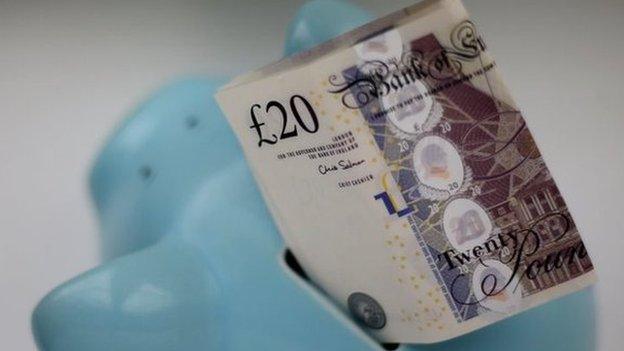Housing benefit 'savings considered by ministers'
- Published
Cuts to benefits could hit some people hard, as Michael Buchanan reports
Ministers are considering forcing all housing benefit recipients to contribute towards their rent as part of efforts to save £12bn from the welfare bill, government sources say.
Housing benefit currently can cover the full cost of rent.
The chancellor is also understood to be pushing for the cap on all benefits to be lowered from £26,000 to £20,000 outside London and south-east England.
It was previously announced the cap would be cut to £23,000 across the UK.
It is understood that other proposals to abolish or severely restrict the carer's allowance have been dropped after opposition from the prime minister.
A government spokesman said it would not comment on speculation about next Wednesday's Budget.
Manifesto commitment
Since winning the election, officials and ministers have struggled to find £12bn in savings - a key Conservative manifesto commitment.
Details of how all the savings will be made are likely to be spread between the Budget and the Autumn Statement.
Housing benefit is thought to be an obvious target as costs have been rising in recent years, to £25bn last year.
The average weekly housing benefit payment is £93.
If, for instance, ministers made claimants pay 10%, they would have to find about £9.30 a week to ensure their rent is paid in full.
The Institute for Fiscal Studies (IFS) has calculated that this would save £2.5bn if applied to both the social and private rental sector.

'Very scared'
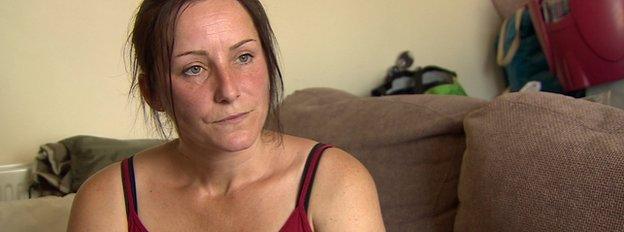
Samantha Ashby is a single mother of three - two teenage boys and girl of five - from south-east London, who currently gets all her rent paid by housing benefit.
"I've been unemployed since I was pregnant with my daughter. I used to work somewhere but I've had my daughter since then and I'm unable to work.
"The relationship with their father has broken down so he moved out and I've basically been on my own. She started full-time school last September. I have been looking for work but just haven't been able to find anything that fits in with family-friendly hours.
"I would probably have to drop her off at a breakfast club or childminder's or after-school club. I would need somewhere close, with decent hours.
"There's shift work out there but it starts at 7am and goes on to 11pm. It's just not practical. The hours are very limited.
"I can't afford to pay any rent at the moment. I've got literally just enough money to get by, to pay the bills, clothe the kids, put food on the table. I don't have any spare money, I've got no reserves, no savings, nothing to tide me over to get me through any benefit cuts.
"Debt would be eviction again and if I was evicted there's always the fear that they would say I'd made myself intentionally homeless by not paying the rent. Obviously I'm very scared."

The measure to reduce the benefits cap to £20,000 outside the South East would save tens of millions - a relatively small amount of money, according to the IFS.
However, Chancellor George Osborne is said to see it as a key political message, showing that the government is tough on welfare costs.

'Passive' benefit
Another measure believed to be under consideration is the scrapping of part of the Employment and Support Allowance, the UK's main sickness benefit.
A leaked government paper seen by BBC News describes the Employment and Support Allowance as a "passive" benefit which does not "incentivise" people to find a job and proposes abolishing the Work Related Activity Group (WRAG) category.
It is unclear whether any of these options will appear in next week's Budget, but ministers have already announced plans to:
Cap benefit rates for the next two years
Reduce the benefits cap
Deny unemployed 18 to 21-year-olds housing benefit
The IFS has estimated these measures would save about £1.5bn.
Last month, Newsnight reported that tax credits were also likely to be cut, potentially saving up to £5bn.

The welfare budget in brief
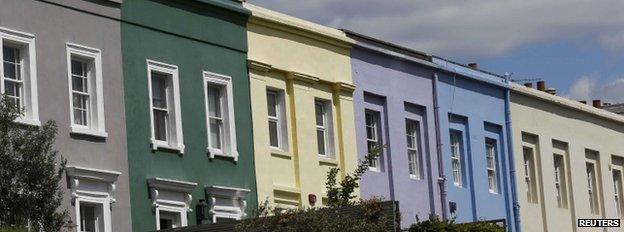
In 2015-6, spending on benefits, pensions and tax credits is expected to total £220bn
State pensions and age-related benefits, such as winter fuel allowance and free TV licences, will account for £95bn
Child tax credits and working tax credits - £30bn
Housing benefit - £26bn
Disability and incapacity benefits - £37bn
Child benefit - £12bn
Pension credit - £6bn
Jobseeker's Allowance and income support - £5bn
Source: Institute for Fiscal Studies

- Published25 June 2015
- Published22 June 2015
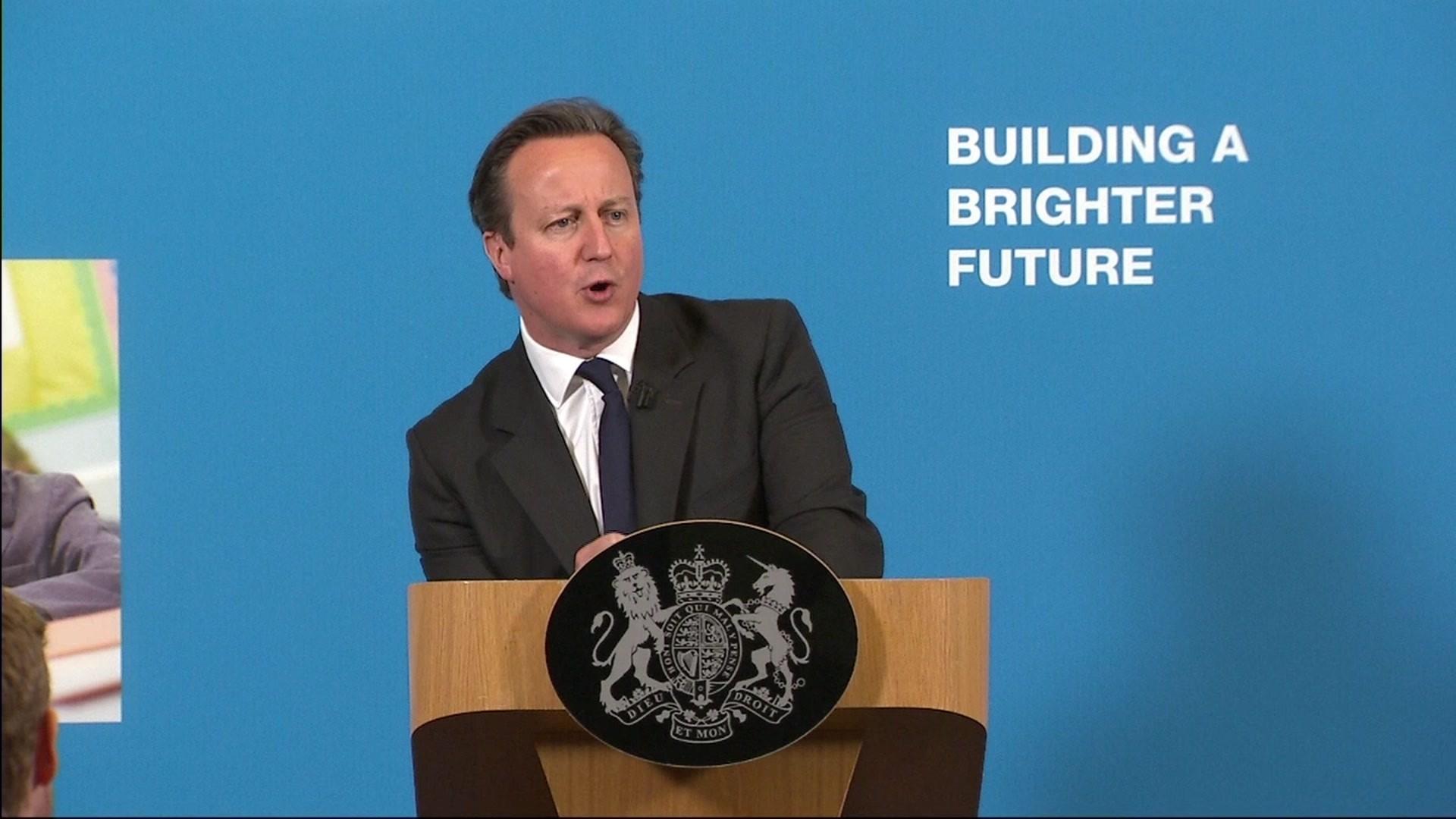
- Published22 June 2015
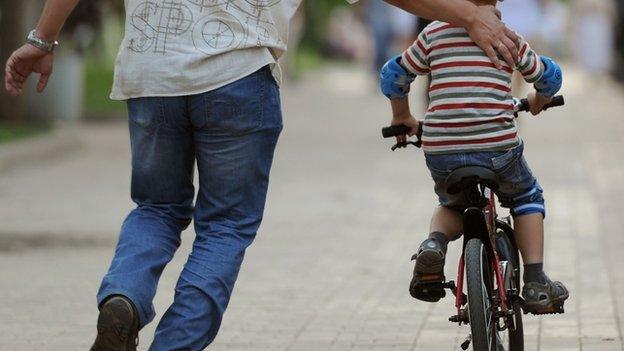
- Published11 June 2015
